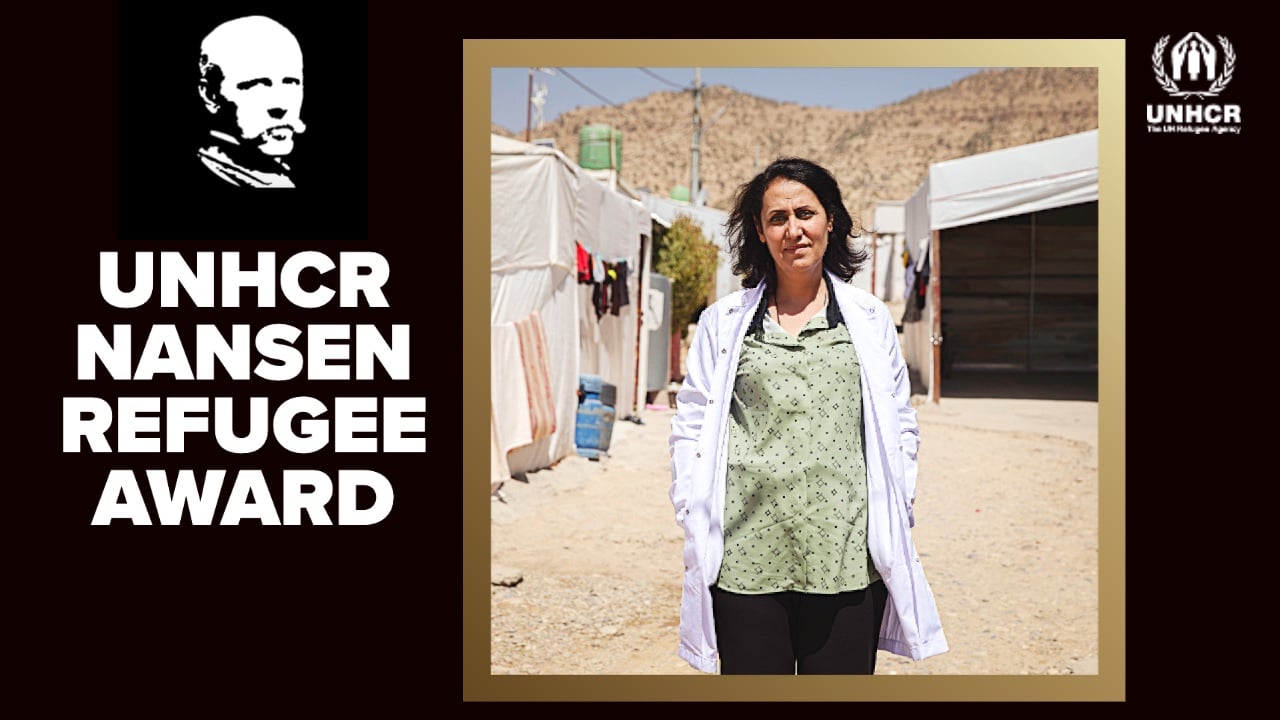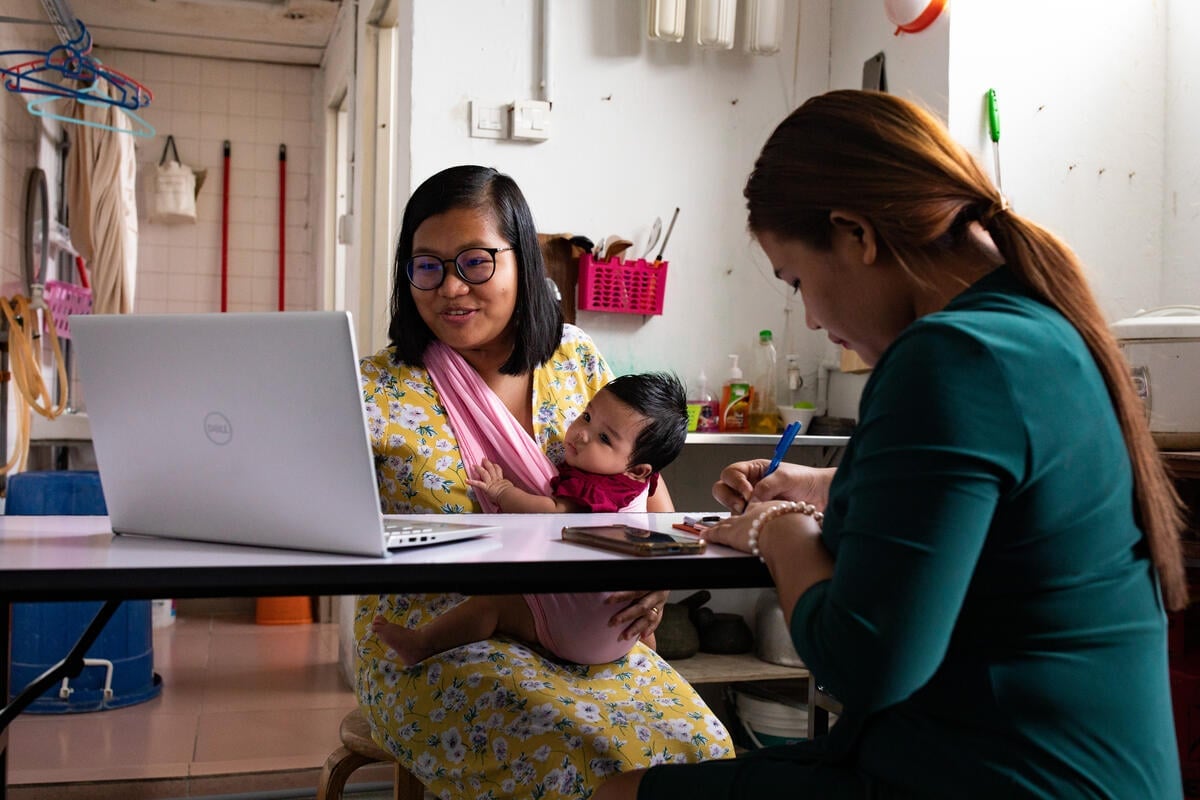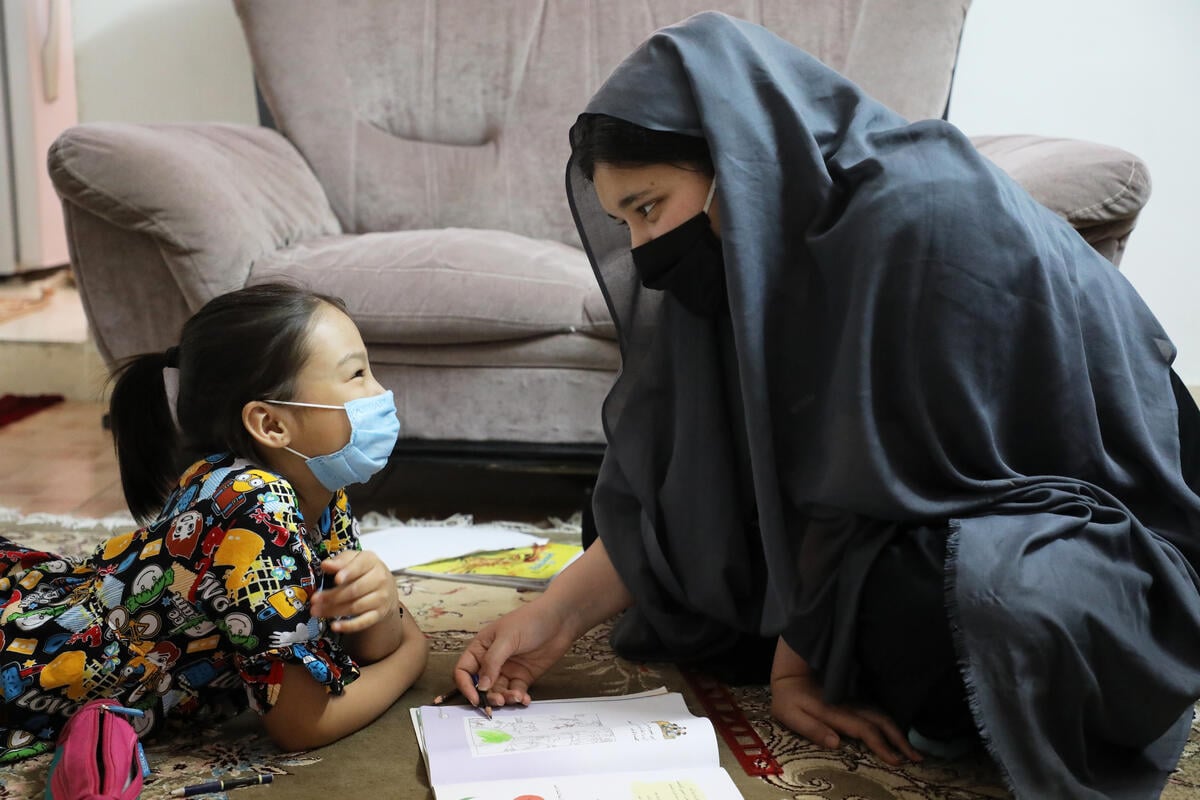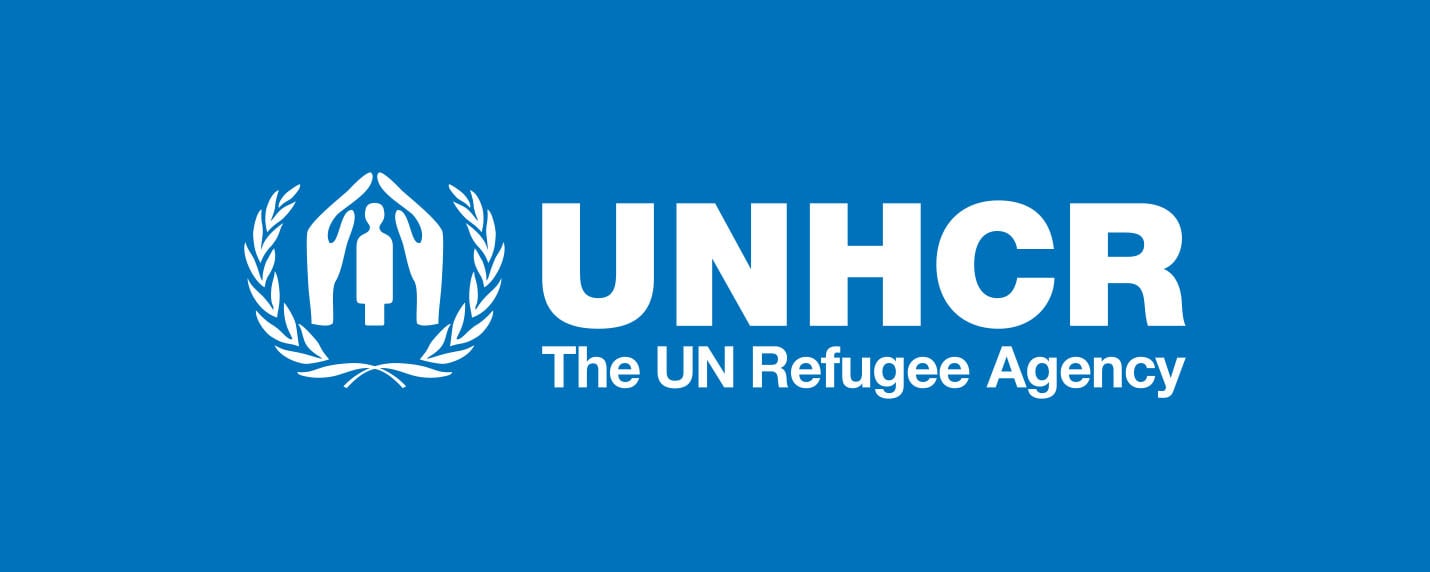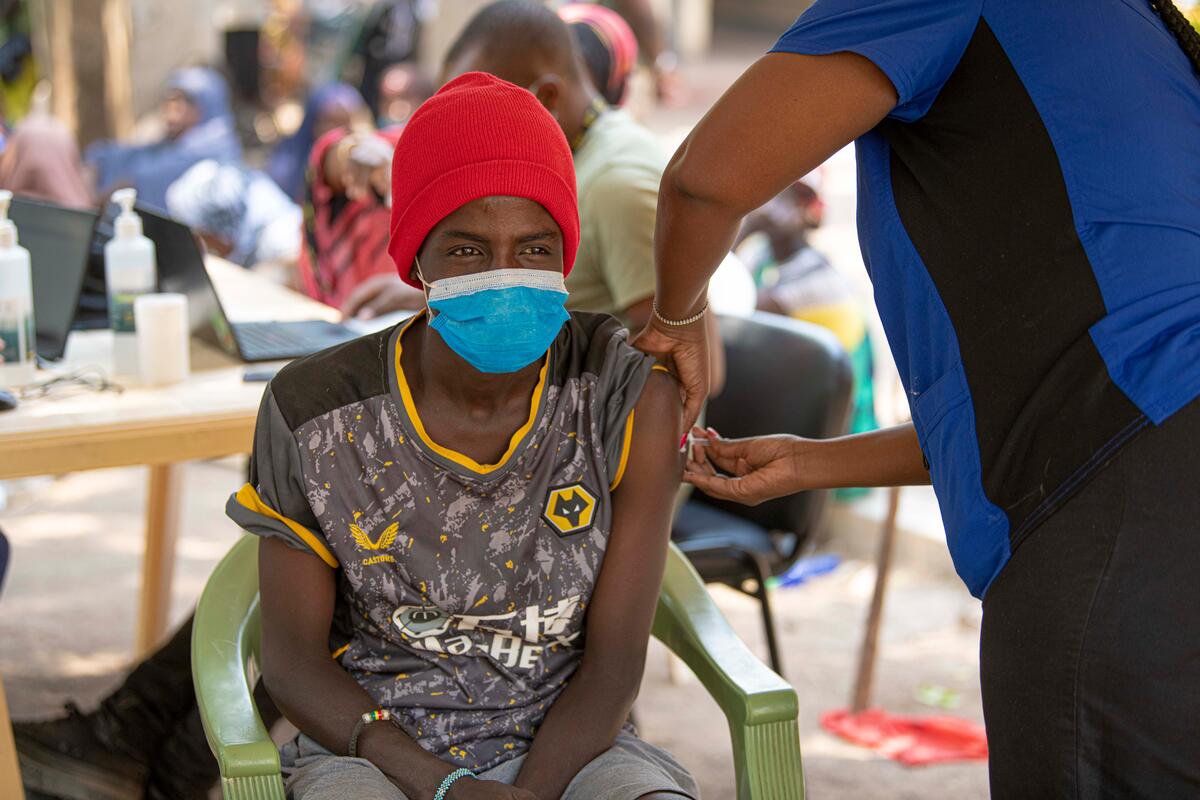Newly arrived Afghan refugees in precarious health as conditions at a Taliban-controlled camp deteriorate
Newly arrived Afghan refugees in precarious health as conditions at a Taliban-controlled camp deteriorate

QUETTA, Pakistan, Oct. 31 (UNHCR) - An increasing number of Afghan refugees arriving in Pakistan are reported to be in poor health amid reports that conditions at the Taliban-controlled camp of Spin Boldak inside Afghanistan are deteriorating rapidly.
In another development, a group of armed Taliban seized the UNHCR field office at Spin Boldak, the U.N. refugee agency reported. There were no U.N. employees in the office at the time of the takeover.
"This serious violation of UNHCR premises came just hours after a meeting between High Commissioner Ruud Lubbers and Mullah Abdul Salam Zaeef, the Taliban Ambassador to Pakistan, at which Mr. Lubbers requested the Taliban to stop interfering with UNHCR property and staff so that operations could continue inside Afghanistan," the agency said in a statement.
The High Commissioner arrived in Teheran Wednesday, where he acknowledged that Iran had legitimate concerns regarding a possible influx of Afghan refugees into the country. But during a meeting with President Mohamed Khatami, he also urged greater flexibility on the issue. Khatami, whose country has declared its border with Pakistan to be officially closed, said the refugees should be helped inside Afghanistan.
On Wednesday, Lubbers met in Islamabad with Pakistani President Pervez Musharraf, who agreed to continue accepting certain categories of vulnerable refugees. These are defined by UNHCR as women, children, the elderly and injured as well as young men trying to flee forced conscription into the armed forces.
Lubbers and Musharraf also reached agreement that the so-called "invisible refugees" - the tens of thousands of people who have already entered Pakistan in recent weeks - should be assisted, preferably in the camps. Many of these refugees have settled with family members already in Pakistan.
"Mr. Lubbers stressed the importance of issuing a guarantee that such people would not de deported," the agency said. "Otherwise it would be impossible to persuade them to move to the camps where they can be properly assisted."
Concerning the deteriorating health of the most recent refugees, UNHCR medical personnel said those passing through the Spin Boldak camp inside Afghanistan reported cases of severe malnutrition and dysentery among children. The camp's population is currently estimated at about 3,000 people, with several hundred of these reported to be sleeping in the open without any aid.
Refugees who succeeded in crossing into Pakistan's Baluchistan Province told UNHCR that the Talibans are preventing people from leaving Afghanistan even if they are in need of medical attention.
"UNHCR has repeatedly expressed concern about the Spin Boldak camp where those trying to flee are deprived of sufficient aid, are vulnerable to forcible recruitment by the Taliban, and are positioned too close to military positions for comfort," the agency said.
Reports indicated Wednesday that Makaki, a camp on the Afghan side of the border run by the Iranian Red Crescent Society, has reached its limit of 6,000 persons. Other reports indicated that the Iranian authorities planned to transfer new arrivals to a second camp inside Afghanistan, known as Mile-46. The refugees would be taken through Iranian territory to avoid crossing the demarcation line between Taliban and opposing Northern Alliance forces.
The UNHCR holding facility at Killi Faizo near the Chaman border crossing in Pakistan's Baluchistan Province is also experiencing overcrowding. The staging camp, originally designed to handle a maximum of 325 families, now houses 384 families, or 1,897 people.
As a result, the Pakistani authorities halted registration of new refugees Wednesday. A sign in three languages posted overnight at the site said there would be no further registration and urged newcomers to return to the Spin Boldak camp inside Afghanistan.
"UNHCR is currently negotiating with the local authorities to open another site nearby as a matter of utmost urgency in light of the poor health situation," the agency said. It added that more refugees, many in poor condition, were waiting to enter the holding camp.



